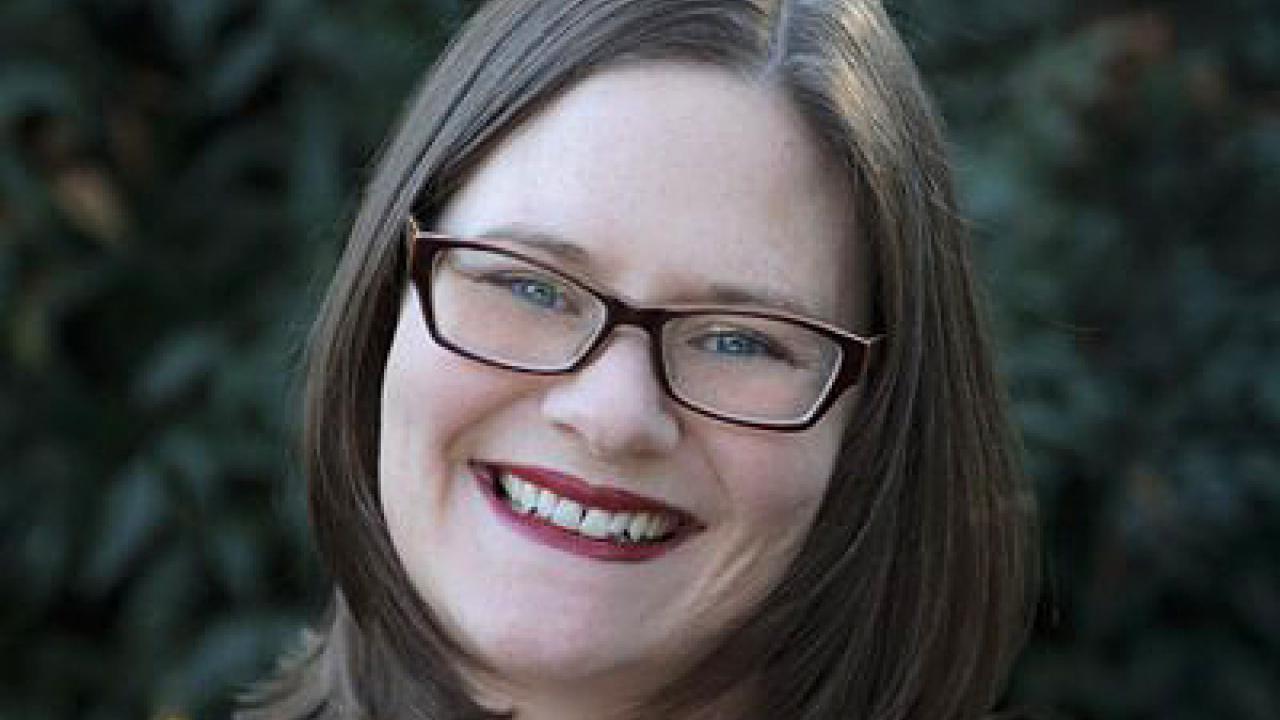
Psychologist Honored for Early Career Contributions
Bliss-Moreau 'Poised to Make Remarkable Discoveries' About Brain
Eliza Bliss-Moreau’s colleagues on campus and across the country describe her as a discipline-crossing scientist whose research on emotion holds remarkable promise for advancing neuroscience and improving mental health.
The American Psychological Association recently endorsed that appraisal, selecting Bliss-Moreau for a 2018 Distinguished Scientific Award for Early Career Contribution to Psychology.
An assistant professor in the Department of Psychology and a core scientist at the California National Primate Research Center at UC Davis, she uses research methods from human social psychology, primate neuroanatomy, evolutionary biology and other fields to study the biological underpinnings of emotion in humans and other primates.
“She is poised to make remarkable discoveries about the function of neural systems in the primate brain, with direct implications for human mental health,” psychology professor Karen Bales wrote in nominating Bliss-Moreau for the award. The nomination letter was also signed by 17 other colleagues in behavioral and brain sciences across the country.
Bliss-Moreau has adapted methods used to measure physiological indicators of emotions in people to study similar responses in rhesus monkeys, opening new doors to understanding emotion in nonverbal animals and expanding models for researching emotional disorders in humans.
In other studies, she looks at how brain damage early in life affects social and emotional behavior. She is also part of a cross-disciplinary team studying conflicts between humans and nonhuman primates in Asia. In addition, she has published papers that apply her research findings to refining care of laboratory primates and has been invited to write chapters on animal emotional well-being for books devoted to human mental health.
Bliss-Moreau will receive her award, along with a $1,000 prize, at the APA convention in San Francisco next August.
She joined the primate center as a postdoctoral fellow in 2008, later becoming a project scientist there and a researcher at the School of Veterinary Medicine. Named a “2013 Rising Star” by the Association for Psychological Science, she joined the Department of Psychology faculty this year.
In October, she received a Murray B. Gardner Junior Faculty Research Fellowship from the UC Davis Center for Comparative Medicine for preliminary research on how the Zika virus affects infants’ developing brains.
— Kathleen Holder, content strategist in the UC Davis College of Letters and Science
